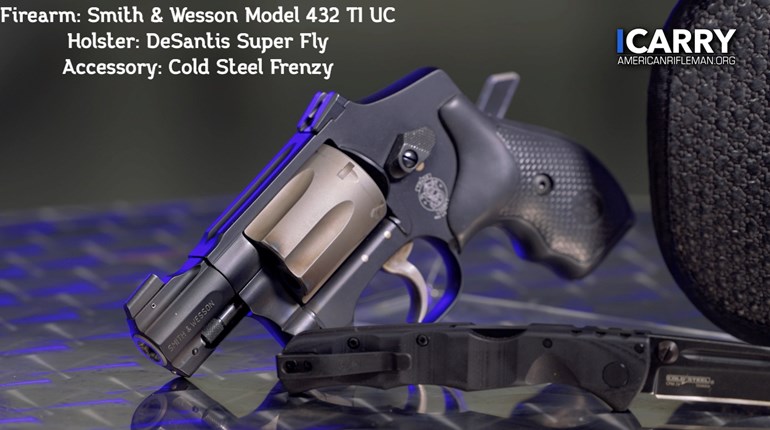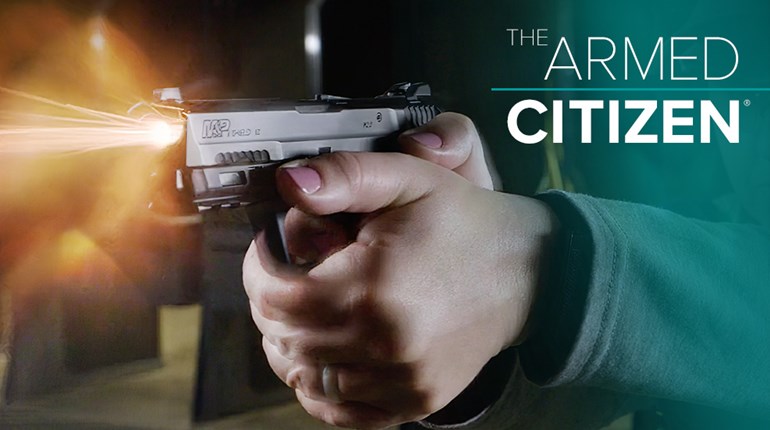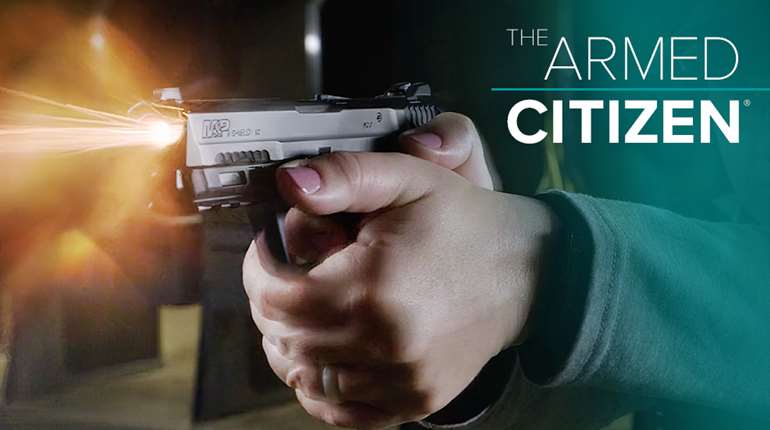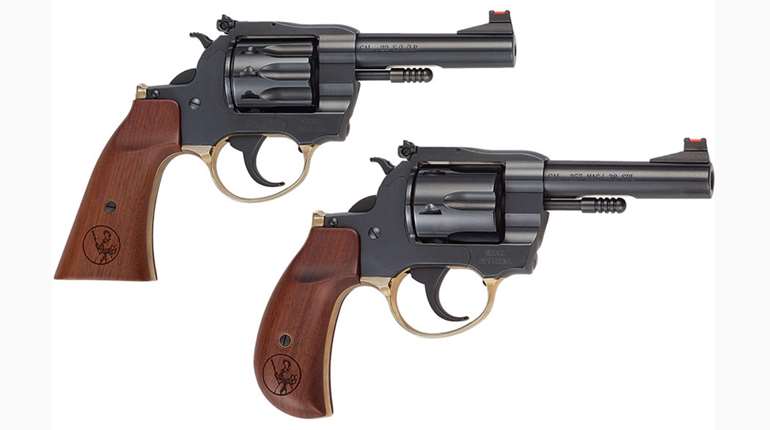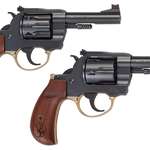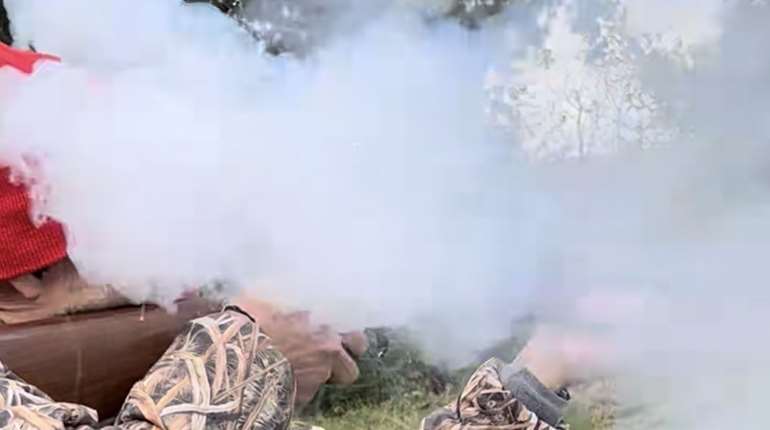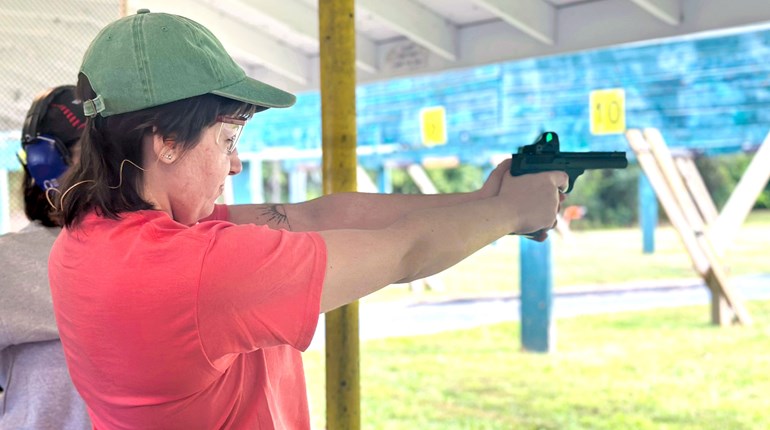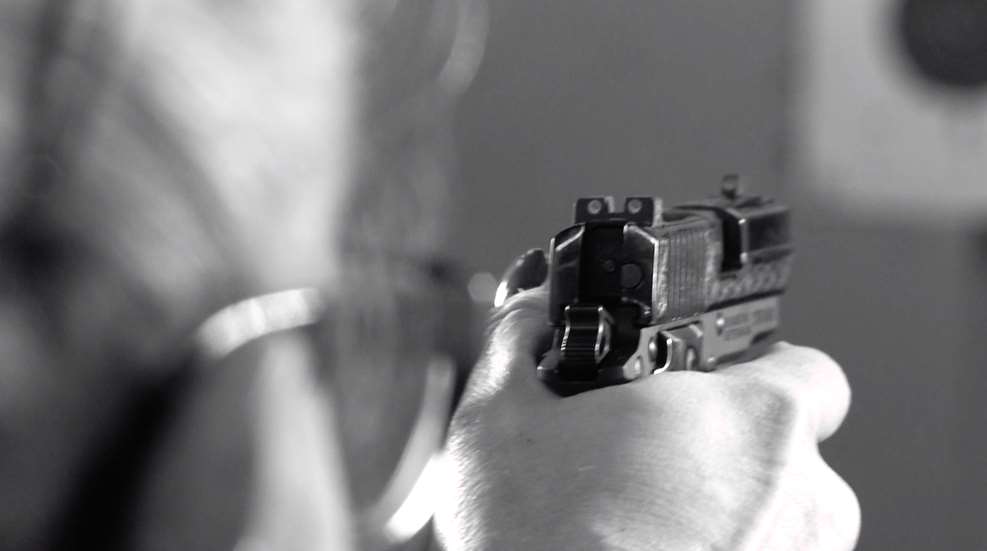
I learned the importance of carrying a gun I can trust the hard way. Although there are lessons that can only be experienced firsthand, there are others that are better learned from someone else’s misadventures. I would like to share one of the wrong turns I took early on in my defensive handgun pursuits in hopes that you can avoid repeating it.
Nearly 25 years ago, I was in the market for a concealed-carry revolver. I found a less-expensive 6-shot snubnose .357 Mag. from a lesser-known manufacturer (which is now out of business) that was just the right price and it had the features I was looking for. My friend behind the gun counter kindly advised me that the model I was considering wasn't exactly the best choice in the case. He suggested I save my money for a couple of more paychecks and get a similarly sized and gently used Smith & Wesson, which he would be happy to put on hold for me.
But I was young and impatient. I didn't want to wait or spend more than I thought I had to. I purchased the cheaper revolver, a couple of boxes of ammunition and stepped into the gun shop's indoor shooting range. I loaded up, took my stance and fired the first six rounds into a paper target. The second cylinder full fired smoothly as well. But when I loaded up a third time, things got interesting. The revolver jammed around the third or fourth shot. You heard right, the revolver jammed! It locked up completely and wouldn’t cycle any more. I opened the cylinder, checked things out and everything looked okay. I replaced the spent rounds, closed the cylinder and started again. Right around the second or third shot, the cylinder locked up tight once more.
For those who are less familiar with double-action revolvers, one of their top selling points is that they don't jam! While semi-automatics rely on the energy produced by the cartridge to cycle the action, revolvers do not. They don't have the same ammunition sensitivities as semi-automatic pistols. Pulling the trigger causes the cylinder to turn. Barring a physical obstruction or break down, revolvers don't jam up so that the cylinder won't turn. But this was literally a brand new gun and there wasn't a malfunction or a blockage that I could identify.
Luckily there was an experienced gunsmith on the staff who was on duty when this happened. He took the revolver through a series of checks and shot it for himself. It was an elusive problem that had him scratching his head because the jams seemed to come and go without any rhyme or reason. In the end, it turned out that the face of cylinder was uneven. When the revolver was room temperature, the cylinder would cycle properly without any hang-ups. But as the cylinder was heated up by the ammunition, the metal expanded just enough to cause the uneven surface to catch and stop against the forcing cone. When the cylinder cooled, it would work properly once more.
This was a problem the gunsmith had never encountered before. It made me uneasy to realize that I had almost walked out of the shop with a revolver that could lock up right when it was needed the most! I asked him if he could fix it for me. He had the skills and resources but he refused to do the work. Instead, I paid the shipping costs to have the gun shop send the revolver back to the manufacturer, who took several weeks (about a couple of paychecks worth) to do the work and send the gun back. Not only did it take a long time, they did a miserable job of it too. When I finally got the revolver back, it was obvious that they just hit it with a disk grinder and called it good. Instead of the clean, smooth cylinder face it had before, half of the face looked like it had been dragged across a parking lot.
I handed the sloppily modified revolver over to the same gunsmith who checked it out the first time to give it the once over before pulling the trigger myself. Despite its Phantom of the Opera appearance, the gun passed all of the smith’s bench checks and a live-fire range test leading to a clean bill of health. He said the gun was ready for the shooting range and safe to carry for personal protection.
But I didn't feel safe, not with that revolver on my hip. Every time I handled it I could still remember the feel of the cylinder grinding to a halt with the chambers out of line with the barrel. The cylinder’s grinder scars wouldn't let me forget it. The frustration of slow and poorly executed customer service fueled a burning question that wouldn’t leave me alone: what else could go wrong with this gun?
Because of all this, I just didn't trust the gun any more, especially as a self-defense option. I quickly realized that in a self-defense situation there was a good chance that I might hesitate to draw it at a critical moment, just as someone might hesitate before stepping out onto a rickety bridge. And in a dynamic and difficult defensive situation, where seconds, even fractions of seconds can make all the difference, any hesitation could be dangerous.
I took that revolver back to the gun shop. They were willing to buy it back as a used gun for about 25 percent of what I originally paid for it, adding more financial injury to the poor product quality insult. It was perfectly clear at this point that I should have taken my friend's advice and waited to buy the better revolver.
If you've read this far, I hope you won't mistake this for a revolver bashing session. I'm a dyed-in-the-wool revolver fan. The gun discussed here was an anomaly. I haven't ever run into this problem again or heard anyone say they've run into it either. I've owned other revolvers since then, and evaluated dozens more, which proved to be utterly reliable options for personal protection. In fact, the lemon was eventually replaced with a tough little stainless steel Ruger SP101 .357 Mag. that's still as reliable as the day I got it.
What I do hope you'll consider is whether there's anything about the defensive handgun you have, or that you’re considering purchasing, that could make you hesitate to use it in a defensive situation. Clearly any firearm exhibiting mechanical problems or reliability issues should not be staged for personal protection. They should be set aside until they can be returned to proper working order by a qualified gunsmith.
If you’re still shopping for a handgun, look for an opportunity to test fire one before you buy it. Some shooting ranges rent out handguns, or maybe you can borrow it from a friend.
If you already own the gun, there could be other features and factors that contribute to your feeling uneasy with that particular model. Is the recoil manageable, or does the gun feel difficult to control? Is the grip a good fit for your hand shape? Or is it too big get your hands around or too small for good control? Are the sights easy to work with, or are they hard to see? Do you have a clear understanding of how to safely operate and maintain this firearm? Would a different brand or better quality of ammunition solve the problem?
Some of these issues can be resolved with modifications to the firearm or additional education for the gun owner. But in some cases, trading out a gun you already own for a different model is the best option. It's not cheap to buy a different gun, and it's not always easy to make the change. But when it comes to trusting your life the gun you carry, it's absolutely worth it!












